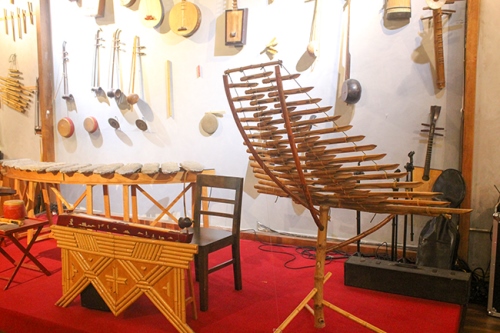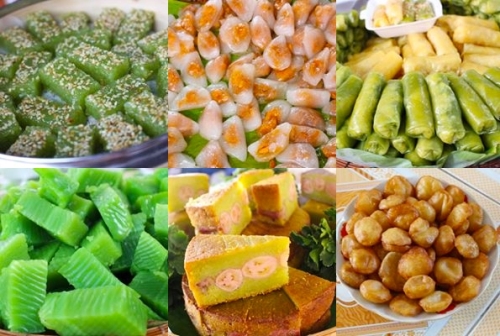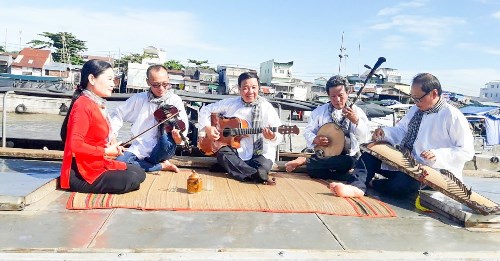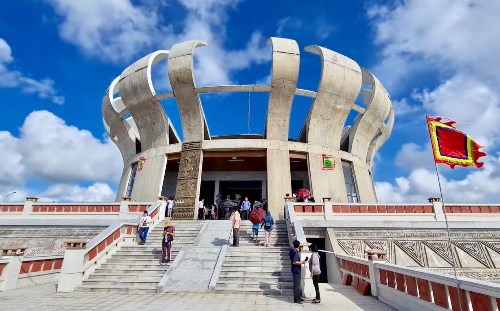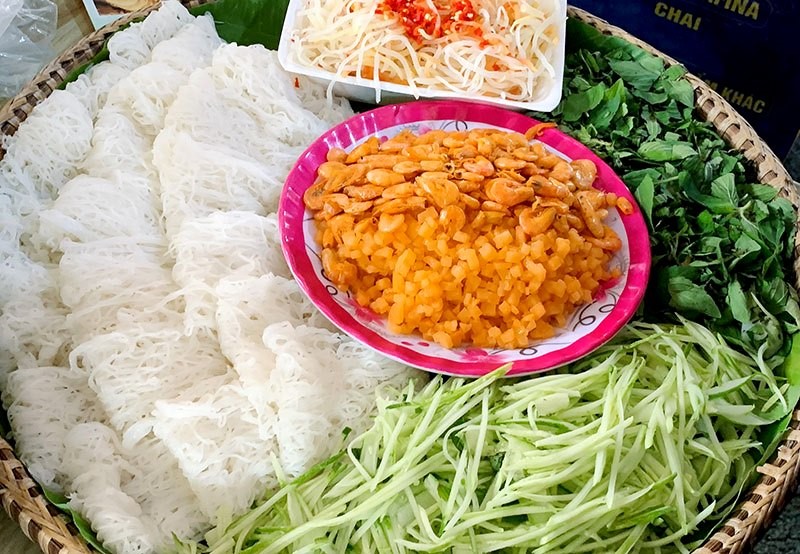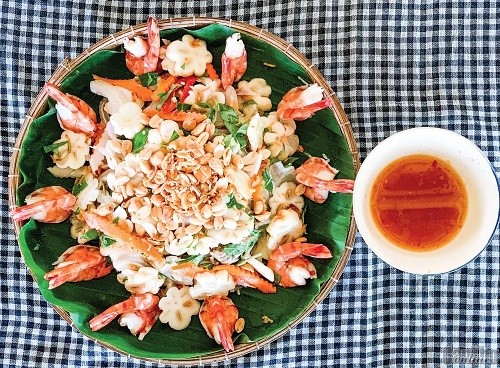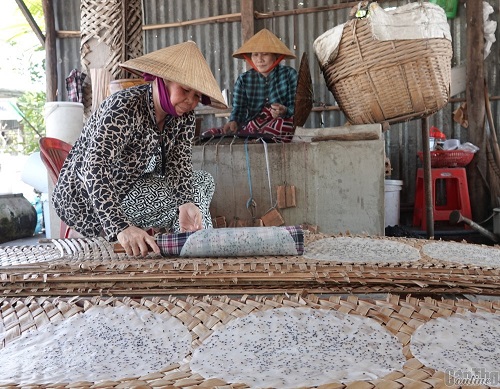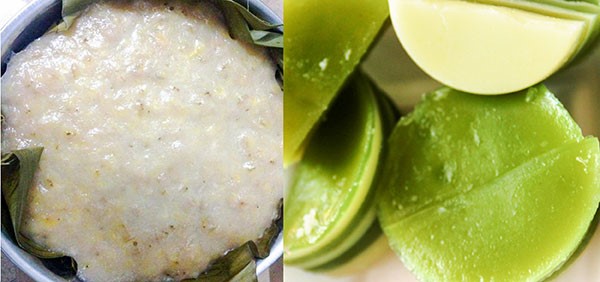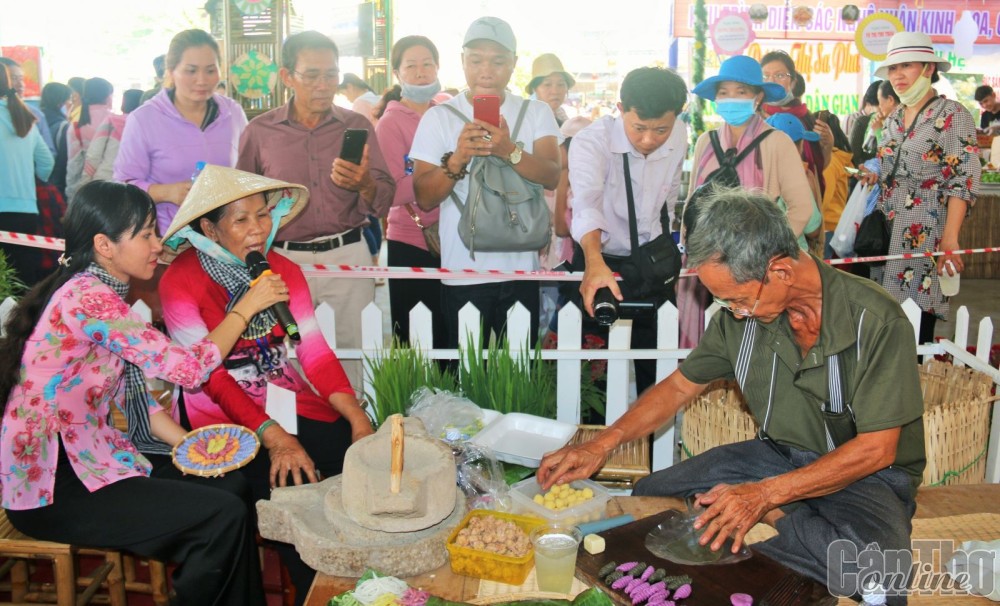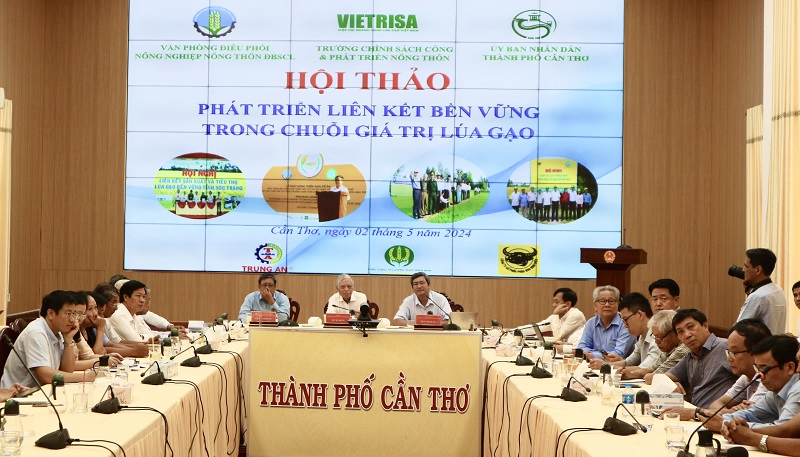
The workshop was attended by Deputy Minister of Agriculture and Rural Development, Tran Thanh Nam, and Mr. Nguyen Ngoc He, Deputy Chairman of the People's Committee of Can Tho City.
According to the Department of Economic Cooperatiion and Rural Development, Ministry of Agriculture and Rural Development, the total rice cultivation area in the Mekong Delta region is 7.24 million hectares, with a production of 24.3 million tons of rice. There are 1,300 cooperatives participating in the rice industry (accounting for 52% of the total number of agricultural cooperatives in the region). Among them, the area of rice signed a contract to purchase products before production reached 40.28% (compared to 26.5% in 2016); 12.1% of farmers sell rice directly to processing and exporting enterprises, and 37.5% distribute through cooperatives to enterprises and 49.5% through traders; additionally, about 0.9% of rice is sold directly from farmers to rice mills located within the farmers' production area.
At the workshop, Mr. Vo Quoc Trung, Director of the Agricultural Promotion Center of Soc Trang province, stated that the agricultural land area in the province is 276,429 hectares (accounting for 83.78% of the natural area), of which 147,681 hectares are used for rice cultivation, with an annual production of 2.1 million tons, of which more than 93.3% is high-quality rice (2023). Farmers sell rice through three common channels of consumer information: cooperatives linked with enterprises, farmers cooperating in small groups and contacting familiar traders through annual transactions, or intermediaries within the region to access transactions with traders in need of purchasing rice.
Traders play an indispensable role in the rice consumption value chain, as they are the key link in solving many complex and diverse issues in a flexible manner. In the past, when the COVID-19 pandemic disrupted everything, the participation of traders and intermediaries helped ensure that farmers' rice products in the province were not wasted, and all were harvested and smoothly consumed. However, traders did not force down the price of rice from farmers. Up to this point, we can see that some agricultural products may require "rescue" in terms of consumption, but not rice. The contribution of traders in this regard is highly regarded and appreciated by society.

Deputy Minister of Agriculture and Rural Development, Tran Thanh Nam, spoke at the workshop.
Dr. Tran Minh Hai, Vice Rector of the Institute for Public Policy and Rural Development, shared research on traders in the rice value chain. Dr. Tran Minh Hai stated that traders have complete information about the exact harvesting time for rice, know the fleet of combined harvesters, boats for rice harvesting, and especially the schedule of opening and closing irrigation canals for smooth rice transportation. In general, they have strong resources in terms of boats, combined harvesters, and financial resources to provide excellent services to enterprises. Therefore, based on surveys, approximately 60% of businesses prefer to purchase rice through traders rather than cooperatives because traders are more agile and better able to meet the needs of enterprises.
However, in reality, the linkages between traders and farmers have revealed many limitations and shortcomings. Issues such as determining the time to harvest rice is often decided by traders, pricing sometimes becoming obstacles in the consumption process between traders and rice producers. To address this situation and enhance the role of traders, Dr. Tran Minh Hai suggests that traders should have a professional certification and be registered (to differentiate between good traders and those who are not); they should be seen as partners alongside farmers, cooperatives, and businesses.
Speaking at the workshop, Deputy Minister of Agriculture and Rural Development, Tran Thanh Nam, emphasized the need to differentiate between traders and "rice middlemen" and to identify which group is acting as “rice middlemen”.
According to Deputy Minister Tran Thanh Nam, one of the specialized paths for agricultural production and the professionalization of farmers is through cooperatives. Because cooperatives have access to raw materials, cost control, production volume, and seasonal structure, it is necessary to develop them as a large-scale supply network, ensuring quality and promoting linkages.
In addition, Deputy Minister Tran Thanh Nam proposed that the Vietnam Rice Association gather enterprises and agricultural cooperatives to form a value chain in the rice industry, with the Vietnam Rice Association playing a leading role. In this linkage, value-added should be created from input to output, and the protection of brand rights and the development of the domestic rice market should be ensured.
Phuong Thao - Translated by Chi Nguyen





